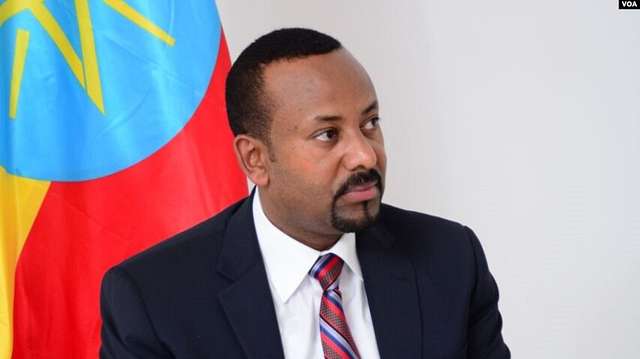On January 11, 2025, Ethiopian Prime Minister Abiy Ahmed and Somali President Hassan Sheikh Mohamud met in Addis Ababa for a high-level summit aimed at restoring bilateral relations between their two countries. This meeting came after a period of strained ties, largely stemming from disagreements over the 2024 Ethiopia–Somaliland memorandum of understanding, which had further complicated the geopolitics of the Horn of Africa. The summit, facilitated by Turkey, marked a significant step toward reconciliation, as both leaders sought to address key areas of contention and work towards greater regional stability.
During the summit, Abiy Ahmed and Hassan Sheikh Mohamud focused on resolving several critical issues, including border disputes, security cooperation, and regional political dynamics. Both leaders recognized the importance of achieving stability in the Horn of Africa, a region long plagued by internal conflicts, insecurity, and the growing threat of terrorism, particularly from extremist groups like al-Shabaab. With these challenges in mind, the discussions centered on strengthening economic and diplomatic ties between Ethiopia and Somalia, focusing on expanding cross-border trade, developing infrastructure, and working together to combat terrorism.
One of the key outcomes of the meeting was the agreement to build a new framework for regional security cooperation. Both countries committed to enhancing their military collaboration, with the goal of fostering trust and confidence between their armed forces. This security partnership is seen as a vital component in tackling the shared threats posed by al-Shabaab and other regional militant groups. The leaders also acknowledged the complexities posed by the involvement of external powers, particularly Eritrea and Somaliland, in the Horn of Africa’s politics. While these factors remain points of tension, both nations agreed on the necessity of finding ways to engage constructively with these actors to avoid further destabilization.
Although the talks were productive, both leaders admitted that significant challenges remain, particularly in addressing the underlying historical disputes and political differences between Ethiopia and Somalia. For decades, the two nations have had a complex relationship, marked by border tensions and divergent political interests. However, the summit was seen as a positive step toward healing these divides and building a foundation for a more cooperative future.
The meeting raised hopes that the improved diplomatic relations between Ethiopia and Somalia could lead to greater stability in the Horn of Africa. If successful, this cooperation could not only benefit the two countries but also have a ripple effect on the entire region, helping to foster peace and prosperity in an area often beset by conflict and insecurity. As the talks concluded, both leaders expressed optimism for the future and reaffirmed their commitment to working together to strengthen ties and address the pressing challenges facing their nations.
